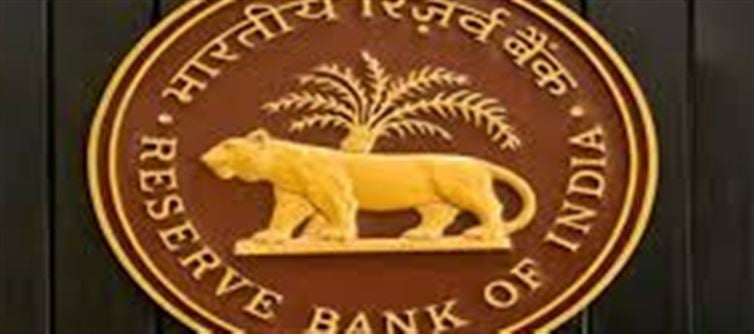
The Reserve bank of india (RBI) is taking major strides to ensure that online payments in india are more secure, with new guidelines set to roll out from April 1st next year. The updated regulations aim to combat fraud, enhance consumer protection, and make digital payments safer for everyone. Here’s a breakdown of the key changes that will take effect soon:
1. Stronger Authentication for Online Transactions
One of the primary changes involves enhanced authentication for online payments. Banks and payment service providers will be required to implement two-factor authentication (2FA) for all online transactions, especially for high-value transactions. This means that in addition to entering your payment details, you will need to verify your identity through an additional method, such as an OTP (One-Time Password) or biometric recognition.
2. Mandatory Transaction Alerts for Consumers
Starting april 1st, consumers will receive transaction alerts for every payment made online, regardless of the transaction amount. This measure will ensure that customers are immediately notified about any unauthorized activity. It will be an essential tool in catching potential fraud early, as customers can report any suspicious activity right away.
3. Liability Shifting: Banks Will Shoulder the Responsibility
Under the new rules, if any fraudulent transaction occurs due to the negligence of the bank or payment service provider, the financial institution will be held liable for the loss. This means that consumers will no longer have to bear the burden of financial loss in case of fraud resulting from lapses on the bank’s or service provider's end. This shift in liability is aimed at ensuring that financial institutions prioritize security.
4. Instant Blocking of Stolen Cards and bank Accounts
To minimize the risk of fraud, the RBI has mandated that banks and payment services offer instant blocking of stolen or compromised debit/credit cards and bank accounts. customers can now request an immediate block on their cards or accounts if they suspect any fraudulent activity. This feature will help prevent further unauthorized transactions and limit potential losses.
5. Enhanced Consumer Dispute Resolution Mechanisms
The RBI is also introducing a more efficient dispute resolution system for online payment frauds. A dedicated helpline and grievance redressal mechanism will be set up, making it easier for consumers to report fraud and get timely responses. Banks will be required to address fraud complaints within 30 days and provide regular updates to the customers. This is a significant improvement over the previous system, which was often seen as slow and ineffective.
Final Thoughts:
With digital payments becoming an integral part of daily life in india, the RBI’s new rules are a much-needed step to safeguard consumers against online fraud. The new guidelines, which come into effect on April 1st, will provide greater transparency, accountability, and security in the online payments ecosystem. These changes will make it easier for consumers to trust wallet PLATFORM' target='_blank' title='digital-Latest Updates, Photos, Videos are a click away, CLICK NOW'>digital payment systems and will push banks and payment providers to maintain higher standards of protection.
Disclaimer:
The views and opinions expressed in this article are those of the author and do not necessarily reflect the official policy or position of any agency, organization, employer, or company. All information provided is for general informational purposes only. While every effort has been made to ensure accuracy, we make no representations or warranties of any kind, express or implied, about the completeness, reliability, or suitability of the information contained herein. Readers are advised to verify facts and seek professional advice where necessary. Any reliance placed on such information is strictly at the reader’s own risk.
.jpg)




 click and follow Indiaherald WhatsApp channel
click and follow Indiaherald WhatsApp channel